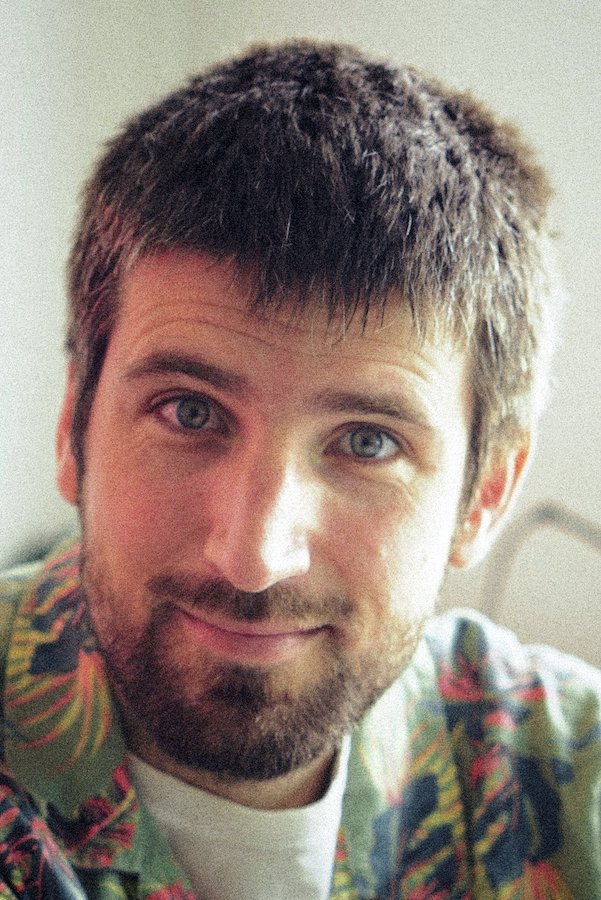
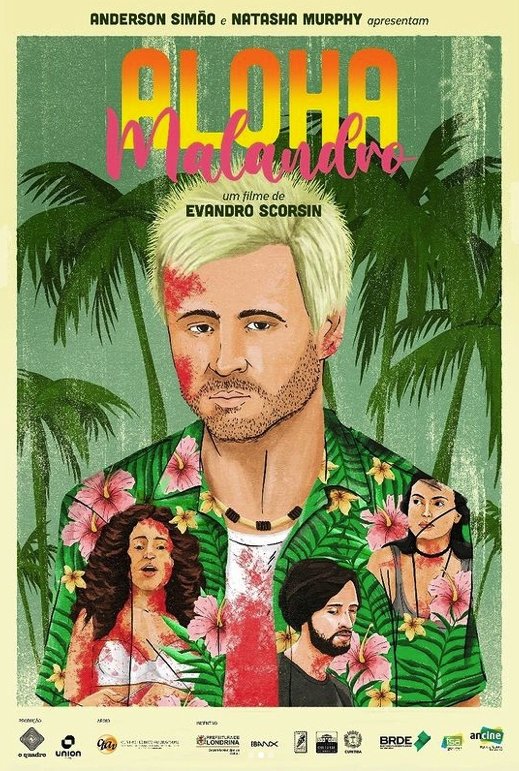
Broke and daydreaming about Hawaii, Jairo envisions an easy life without hard work. His chance comes when his depressed half-brother, Barãozinho, gets involved with the sister of an art smuggler. Jairo sees the perfect opportunity to steal from the guy and make his dream a reality. But he didn’t plan on falling in love—or accidentally getting tangled up in a string of murders, turning his dream scheme into a full-blown nightmare.
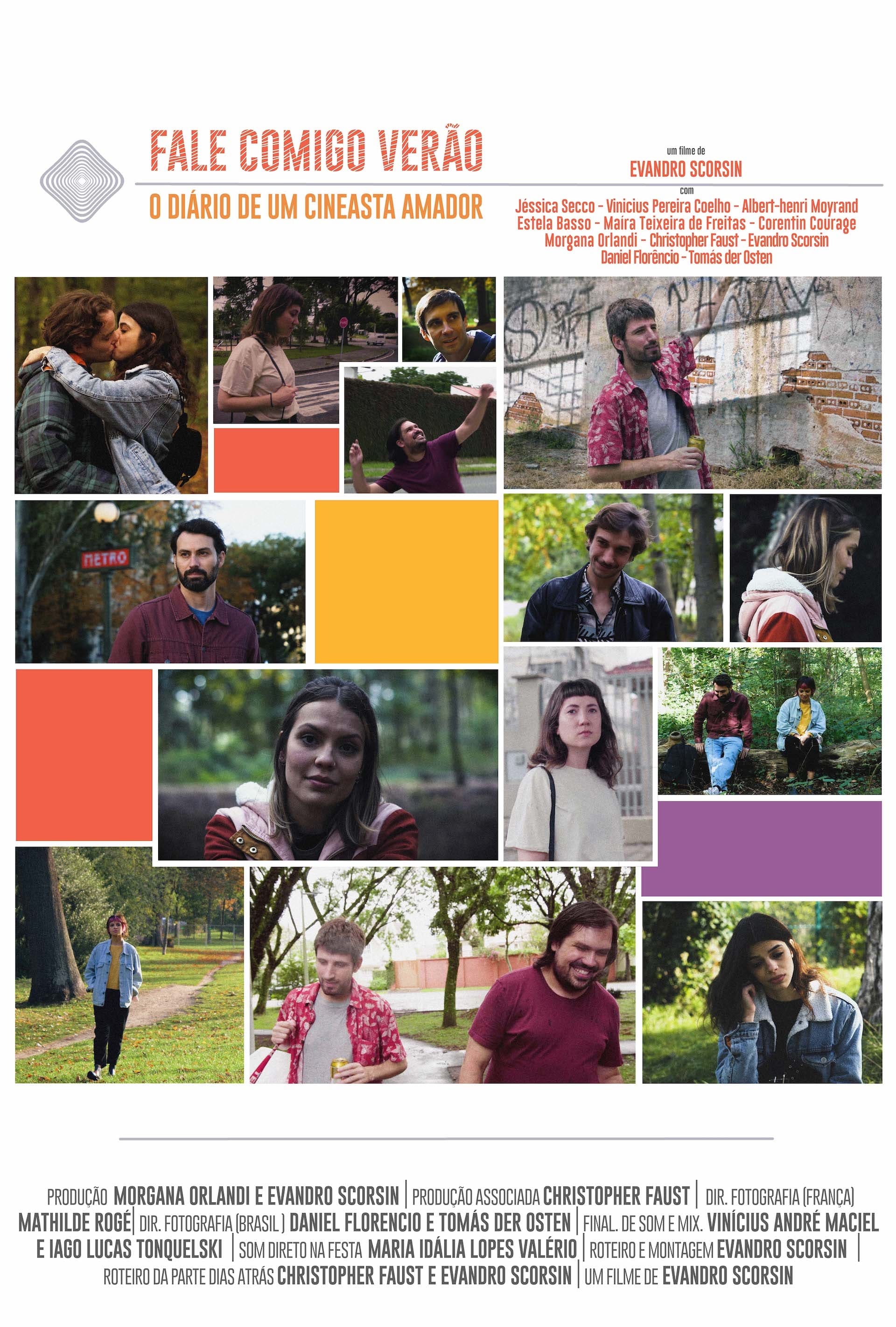
For years, together with his partners from the production company O Quadro, he has been betting on cinema as a tool to explore the typical issues of youth. In this film, Evandro Scorsin turns the cameras on himself as he deals with the dilemmas of the passing of time and the imposition of adulthood. In an exercise in autofiction where cinema and life merge, the film is also a cinematic love letter to the beloved masters (especially Nicholas Ray). Coming and going between two countries and times, it records the vertigo of displacement and the reinventions inherent to an immigrant experience.
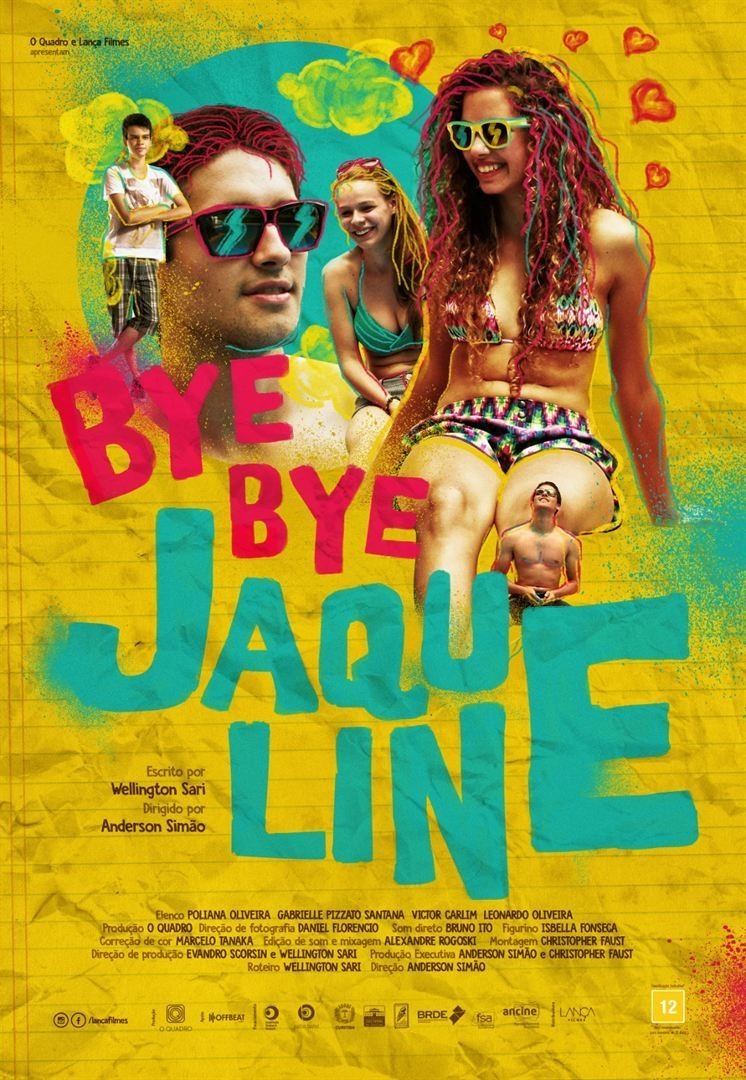
Being sixteen it´s easy. Being sixteen and have to go to school every day, it´s not. It’s even harder being sixteen and have to go to school and fall in love with Fernando, the boy from the other class. It’s easy to be Jaqueline. But it sucks being Jaqueline and know Fernando doesn’t care at all.
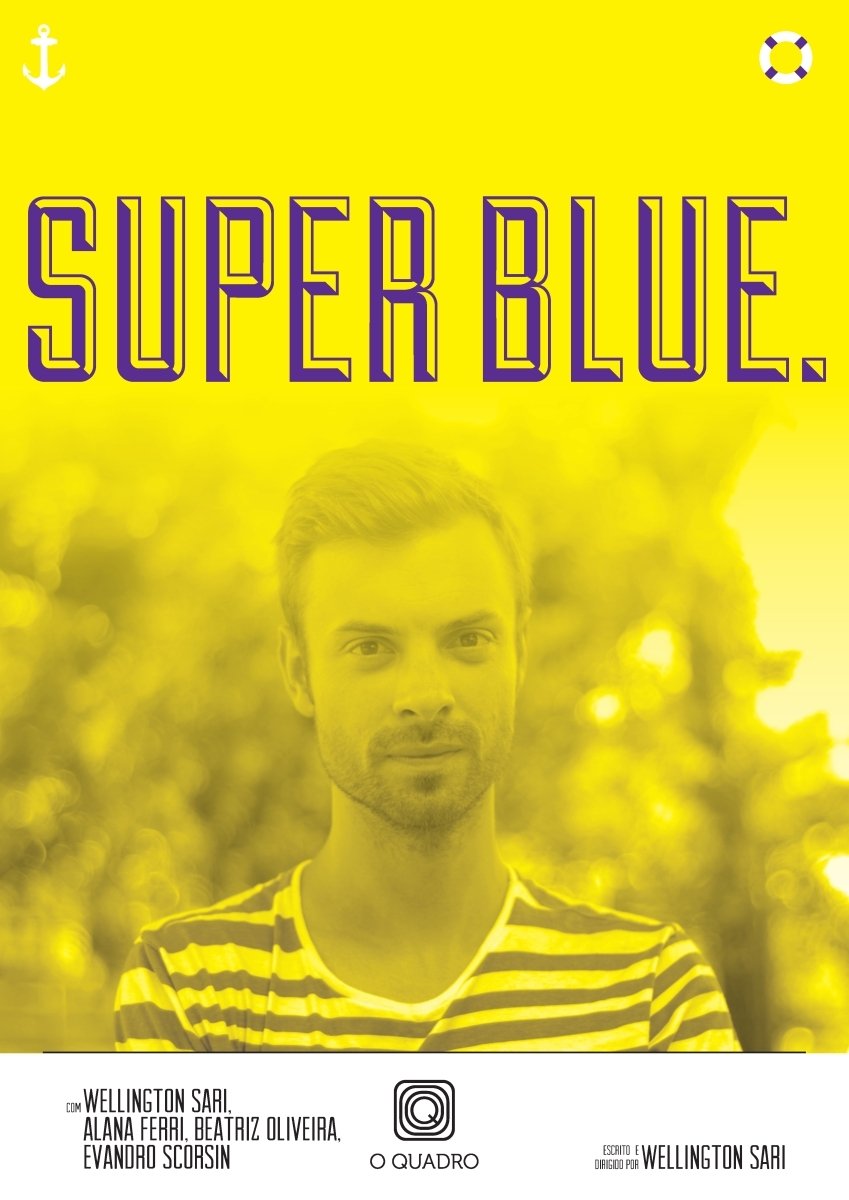
With a broken heart thanks to the end of a relashionship, Giba wanders around. All of a sudden he meets his friend Conrado, who introduces him Bia.
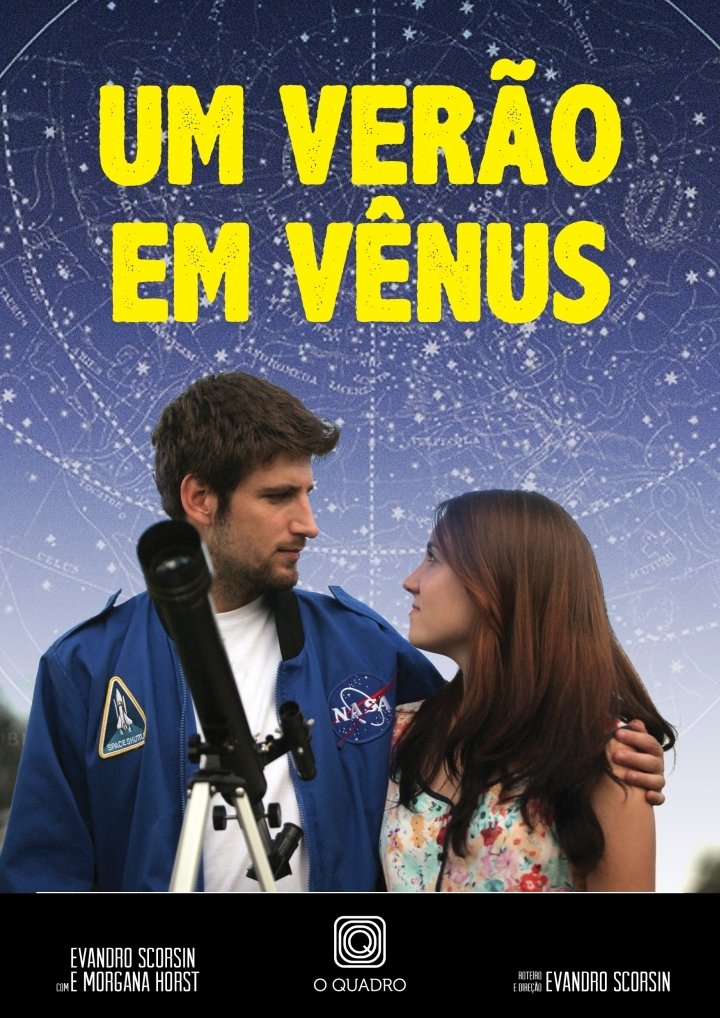
Twenty-year-old Giovanni is a fan of Santos FC and works in a video rental store. He talks to him work friend about life and girls and is always looking for his soulmate. One day he believes that he may have just known her.
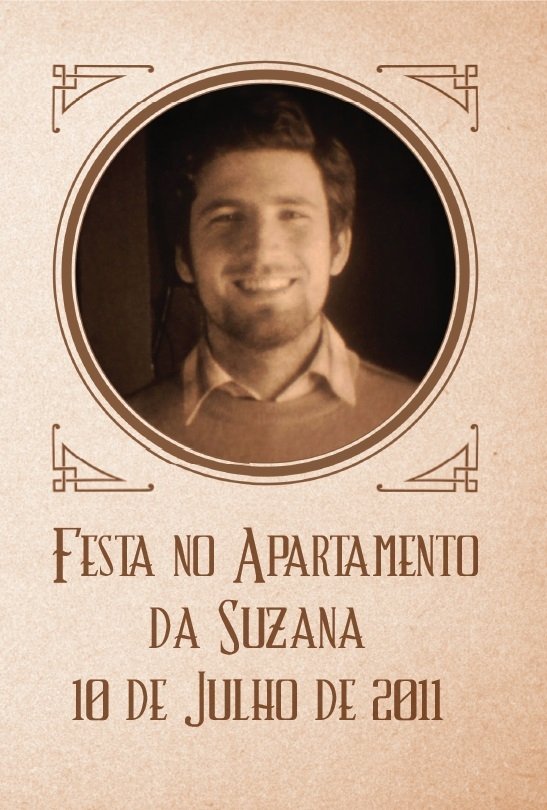
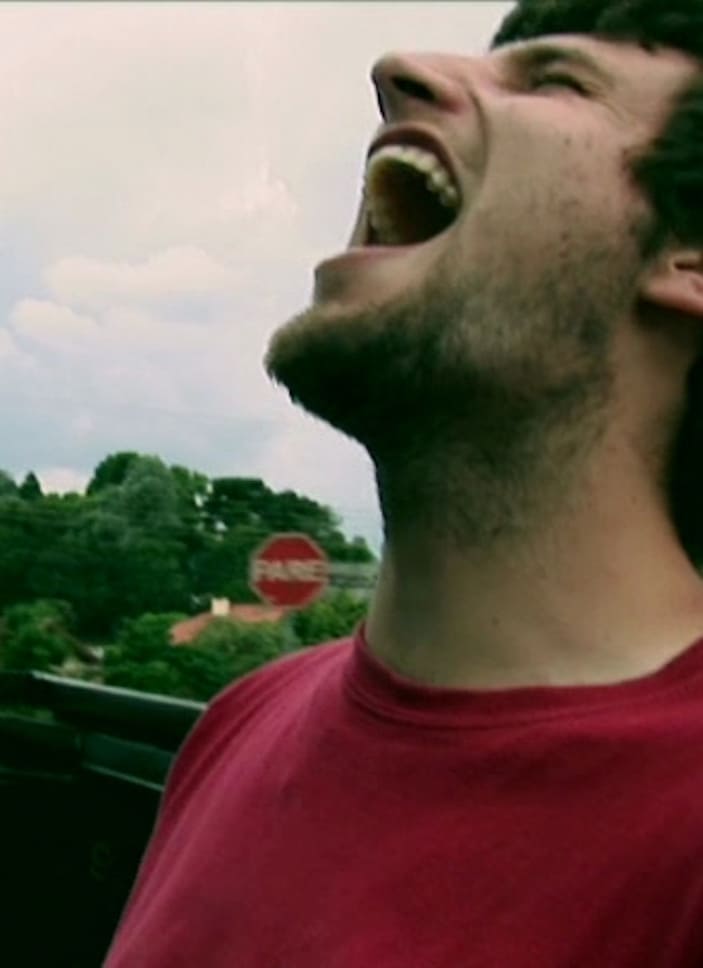
Toni is about to move. He decides to spend his last day in town drinking with his friends.
By browsing this website, you accept our cookies policy.